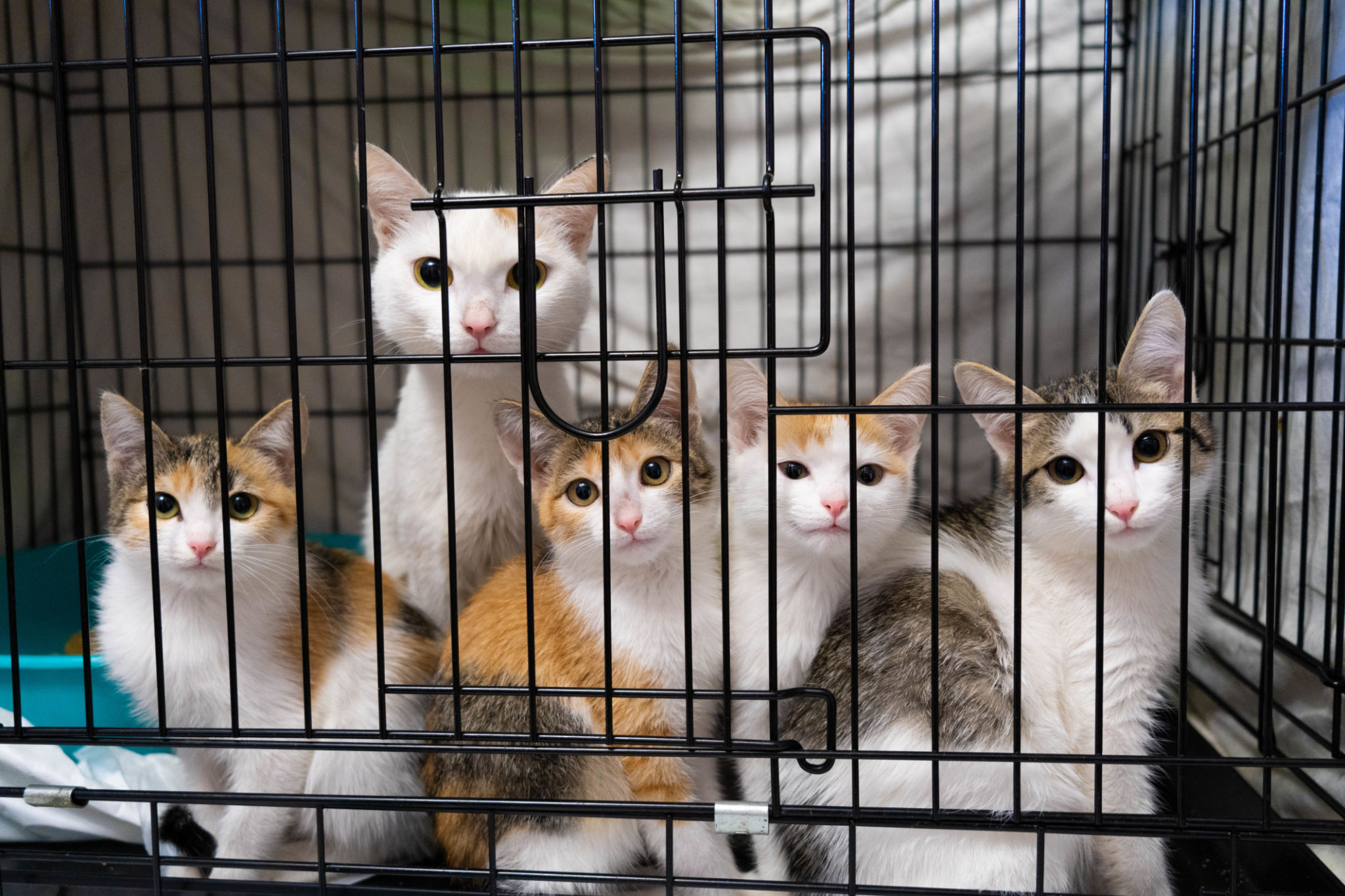Myth-Busting: Common Misconceptions About Adopting Rescue Animals
PA
Unveiling the Truth: Rescue Animals are Just as Lovable
Adopting a rescue animal is a rewarding experience, yet various misconceptions deter potential adopters. These myths often overshadow the truth, preventing many animals from finding their forever homes. Let's debunk these myths and shed light on the reality of welcoming a rescue pet into your life.

Myth 1: Rescue Animals Have Behavioral Issues
A common belief is that rescue animals come with behavioral problems. While some may have faced challenging situations, many are simply victims of unfortunate circumstances like owner relocation or financial difficulties. In fact, rescue organizations often provide behavioral assessments and training to ensure compatibility between pets and their new families.
Furthermore, animals in shelters undergo evaluations and often receive training to correct any behavioral issues. This process ensures that they are ready to adapt to a loving home environment. It's important to remember that all pets, whether from a shelter or breeder, can benefit from training and socialization.
Myth 2: You Can’t Find Specific Breeds in Shelters
Another misconception is that shelters only house mixed-breed animals. However, many rescue organizations cater specifically to certain breeds. Breed-specific rescues focus on rehabilitating and rehoming dogs and cats of particular breeds, providing ample opportunities for adopters interested in specific characteristics or traits.

If you're looking for a specific breed, don't hesitate to reach out to breed-specific rescue groups or check with local shelters regularly. With patience and persistence, you can find the perfect match for your household.
Myth 3: Adoption Involves a Complicated Process
Some potential adopters are discouraged by the perceived complexity of the adoption process. While it's true that thorough checks are conducted to ensure the welfare of the animal, these procedures are in place to create successful matches and responsible pet ownership.
The adoption process typically includes an application, an interview, and sometimes a home visit. These steps are designed to provide guidance and support for the adopter while ensuring a safe and loving environment for the pet. The goal is to facilitate lifelong relationships between animals and their new families.
Myth 4: Shelter Animals are Older and Less Desirable
Many believe that shelters are filled with older animals, but they actually house pets of all ages, including puppies and kittens. Young or old, each animal has its own unique charm and potential to bring joy into your life. Moreover, older animals often come with the advantage of being well-adjusted and requiring less training.

Adopting an older pet can be incredibly rewarding as they tend to be more relaxed and less demanding than their younger counterparts. They can quickly become beloved companions, offering loyalty and love without the challenges of raising a young animal.
Embrace the Joy of Adoption
Adopting a rescue animal is an opportunity to save a life while enriching your own. By dispelling these myths, we hope more people will open their hearts and homes to these wonderful creatures. It's time to see rescue animals for what they truly are: loving companions ready to be part of your family.
